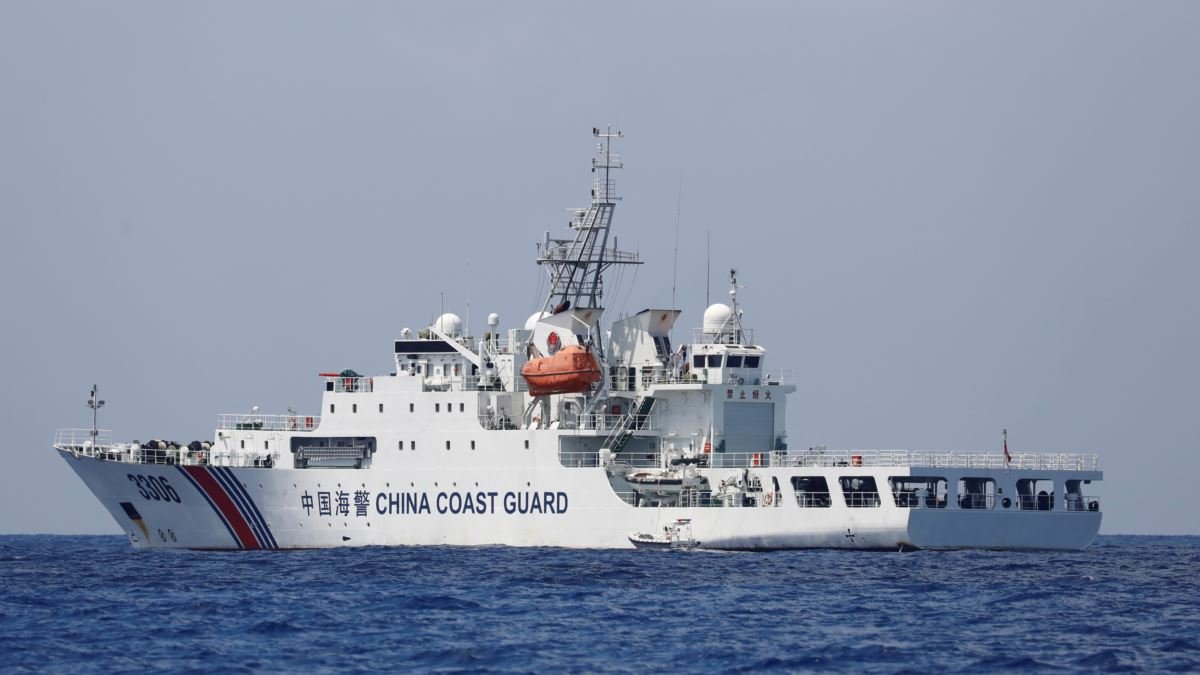Key Points:
- China adopted a law that says that the Chinese coast guard has been given the freedom to open fire on foreign vessels, who either refuse to heed warnings or are deemed a threat to national security.
- Xinhua News Agency run by the Chinese state reported that the law states coast guard personnel would be allowed to take all necessary action, including the use of handheld guns to prevent foreign ships from violating “national sovereignty, security and maritime rights”.
- The move could also instigate other nations to strengthen their military presence in the waters, including the U.S. the decision can also mean that the risk of miscalculating the vast water areas of disputed waters that stretch out from China’s coast.
On Saturday, China adopted a law that says that the Chinese coast guard has been given the freedom to open fire on foreign vessels, who either refuse to heed warnings or are deemed a threat to national security. This comes months after the National People’s Congress of China revealed a draft bill regarding the same.
Xinhua News Agency run by the Chinese state reported that the law states coast guard personnel would be allowed to take all necessary action, including the use of handheld guns to prevent foreign ships from violating “national sovereignty, security and maritime rights”. China refers to areas in sea claimed by other countries as “jurisdictional waters”.
The Chinese coast guard ships are usually in contact to such threats where they come across with foreign vessels, as they assert Beijing’s claims to much of the South and East China seas. The ships also sometimes engage in standoffs, and hence the decision.
China’s National People’s Congress standing committee, passed the Coast Guard Law on Friday.
China already has maritime sovereignty disputes with Japan in the East China Sea and with several Southeast Asian countries in the South China Sea. The move could also instigate other nations to strengthen their military presence in the waters, including the U.S. the decision can also mean that the risk of miscalculating the vast water areas of disputed waters that stretch out from China’s coast.
The law is China’s latest step to empower its coast guard, which was created in 2013 by amalgamating several maritime agencies and fused in the People’s Armed Police in 2018.

